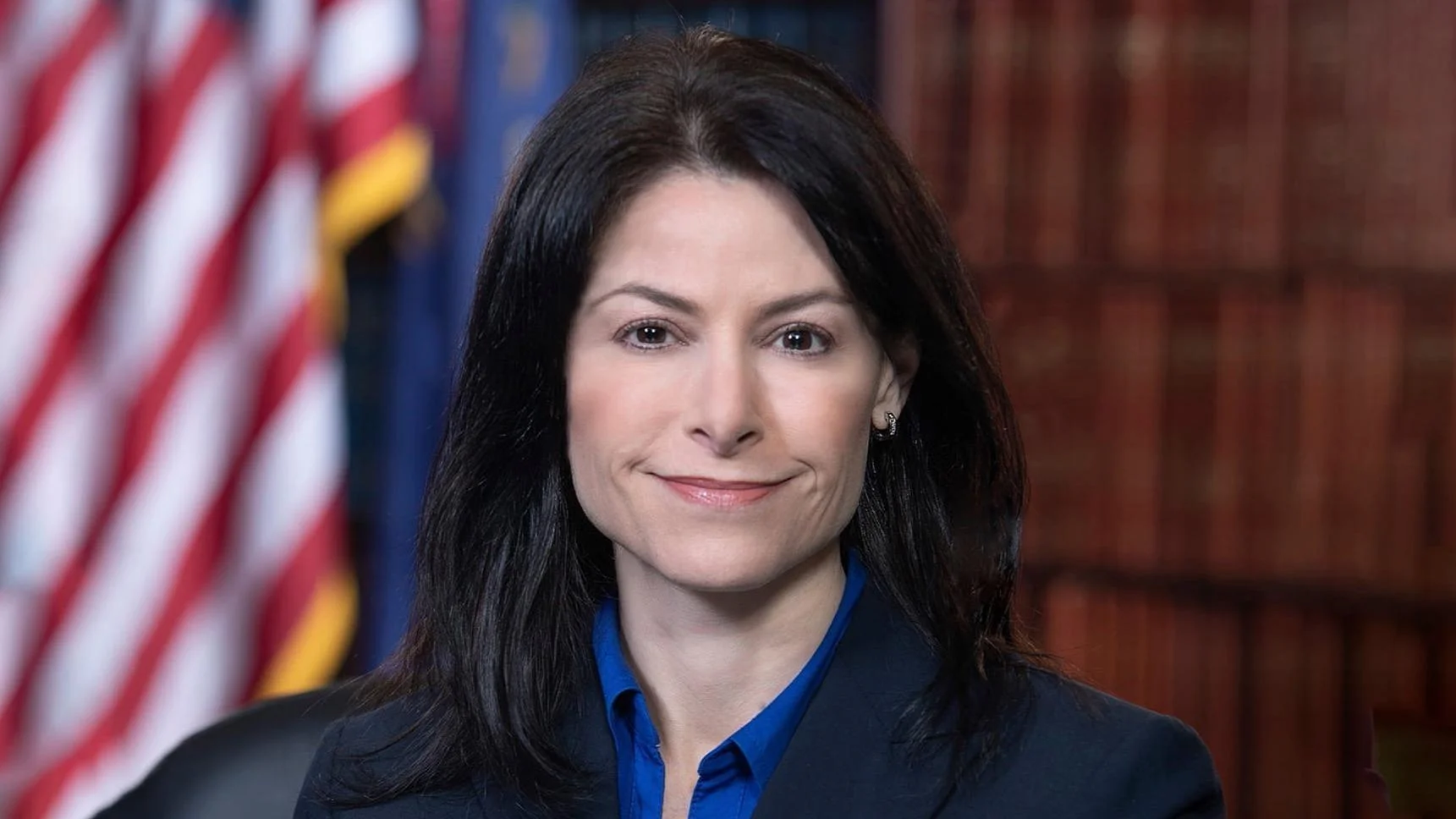Dana Nessel, Attorney General of Michigan | www.facebook.com
Dana Nessel, Attorney General of Michigan | www.facebook.com
The deadline for Michigan municipalities to join the $7.4 billion Purdue Pharma National Opioid Settlement has been extended to October 30, according to the Michigan Attorney General's office. The extension gives local governments more time to complete participation forms and receive direct payments from the settlement.
Attorney General Dana Nessel encouraged eligible municipalities that have not yet joined the settlement to take action before the new deadline. "This extension gives local governments extra time to sign on to the Purdue opioid settlement and secure the resources their communities need," Nessel said. "I encourage every eligible municipality to complete its forms and take part in this $7.4 billion national settlement before the deadline."
The settlement, which was agreed upon by all 55 attorneys general in June, resolves litigation against Purdue Pharma and its owners, the Sackler family, regarding their involvement in the opioid crisis. Under this agreement, up to 279 local government units in Michigan—referred to as subdivisions—are eligible for participation. A full list of eligible subdivisions is available on the Department of Attorney General’s website, and those needing help with participation can contact the department via email for further instructions.
Michigan stands to receive up to $154 million over 15 years from this particular settlement, depending partly on how many local governments participate.
Since taking office in 2019, Attorney General Nessel has prioritized efforts against opioid misuse and holding companies accountable for their role in fueling addiction across Michigan. These efforts have resulted in more than $1.8 billion being secured through settlements with multiple pharmaceutical distributors and retailers such as McKinsey & Co., Cardinal Health, McKesson Inc., AmerisourceBergen, Janssen Pharmaceuticals, Teva Pharmaceuticals, Allergan Pharmaceutical, CVS, Walmart, and Walgreens. The funds are distributed among state and local governments for programs addressing opioid-use disorder treatment and remediation.
Recent provisional data from the Michigan Department of Health and Human Services shows a significant decrease in overdose deaths—a reported 34% reduction between 2023 and 2024—which equates to about 1,000 fewer deaths during that period. This decline is attributed partly to ongoing investments in prevention strategies funded by these settlements.






 Alerts Sign-up
Alerts Sign-up